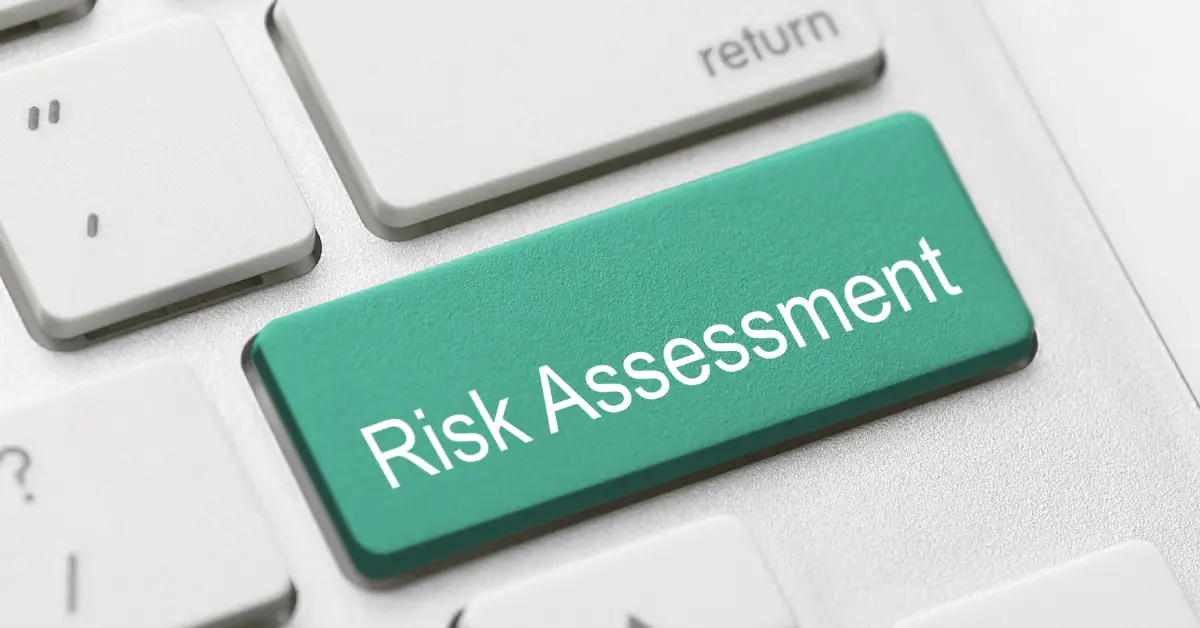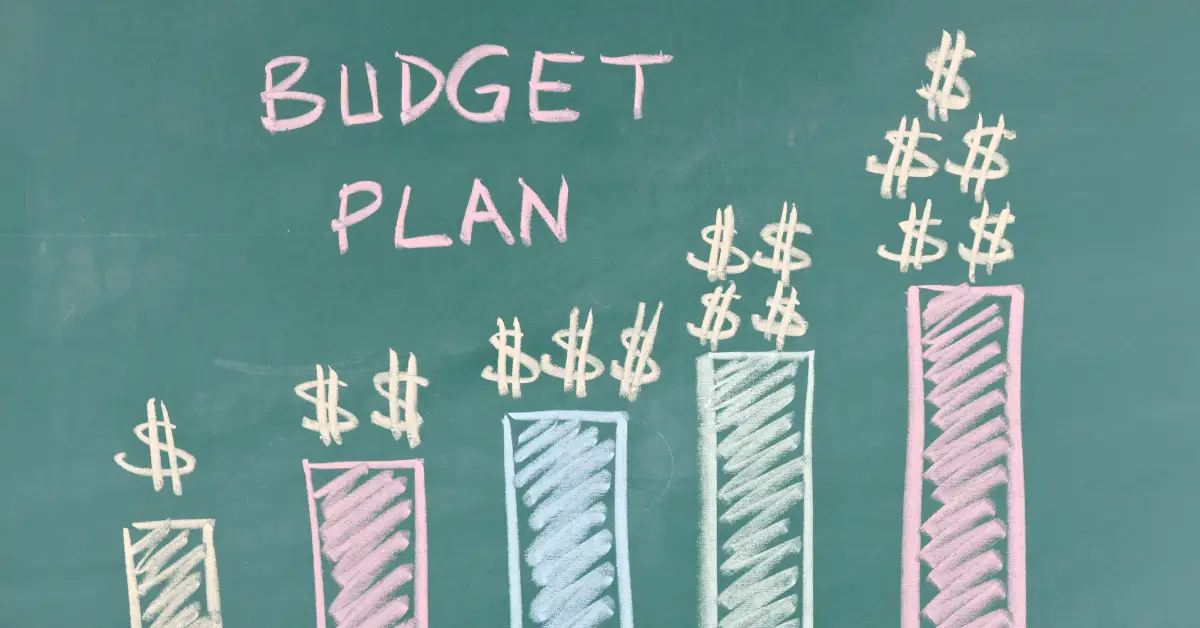Retirement is a significant milestone in everyone’s lives, offering the opportunity to finally enjoy the fruits of your labor and pursue those long-awaited dreams. It’s all about finally tasting the freedom you’ve waited a lifetime for. However, with the state of the United States today, mastering retirement budgeting is crucial.
By creating a well-thought-out financial plan, you can ensure you’ll have the necessary funds to not only support your desired lifestyle, but handle unexpected expenses and ensure financial stability in your later years.
In this article, we’ll explore various aspects of mastering retirement budgeting, from setting financial goals to smart investment strategies, all the way to managing your expenses effectively.
Retirement budgeting: what is it and why does it matter?
Retirement budgeting is exactly what it sounds like: creating a detailed plan to manage your finances during retirement. It’s the process of estimating your post-retirement income and expenses – including social security, pensions and investment earnings – to ensure you can live a comfortable lifestyle in retirement. Which is crucial with the state of the United States today.
It empowers you to maintain financial freedom and enjoy a worry-free retirement.
Key steps toward mastering retirement budgeting
- Set clear financial goals
Begin by defining your retirement goals and aspirations, as well as the lifestyle you wish to lead during retirement. Whether that’s traveling, pursuing your dreams, or spending more time with the family, setting clear goals will provide direction for your budgeting efforts.

Assess your current finances
Take a detailed look at the current state of your finances. This includes your savings, debts, investments, and assets. By figuring out your current finances, you can identify how much you’ll need to save for retirement and what’s actually achievable for you.
Estimate post-retirement income
Calculate your expected income sources, both now and during retirement. This will include your social security, pensions, annuities and rental income. It’ll enable you to allocate your funds effectively.
Budget for healthcare costs
Healthcare expenses do tend to increase with age, as well as the number of services you’ll need. It means that allocating funds for medical needs is crucial. Consider health insurance and long-term care options to avoid unexpected financial burdens. And our biggest tip? It’s better to overestimate how much you need, as opposed to underestimating it!

Create an emergency fund
An emergency fund is crucial for financial stability in retirement. Along with your retirement savings, you should aim to create an emergency fund that’ll help you navigate any unfortunate surprises, and ensure you won’t need to dip into your retirement savings.
If you’re still a little uncomfortable with your savings? Focus on saving as much as you can, invest where possible, and even pick up an additional stream of income that may be small, but you can put aside as your emergency fund.
The main goal is to have as MUCH breathing room as possible!
Debt management
No matter how important you think your savings are, clearing any outstanding debts before retirement will do you a major service. Prioritize paying off high-interest debts first and work down accordingly, to ensure there’s as little financial stress during retirement as possible. Many leave this point last, but it’s crucial, especially when considering increasing rates.
Smart investment strategies
Explore various investment options that align with your risk tolerance and financial goals. Many find that dividend stocks can be slow but secure, but there are a number of different ways for you to invest for retirement. Diversifying your investment portfolio can also lead to stable and substantial returns in the long run.
Minimize taxes
Get really familiar with the tax implications of your retirement accounts and investments, and take advantage of tax-efficient strategies to maximize your savings. This could even mean looking into moving to another state where taxes are kinder to retirement-aged individuals. It may be handy to speak to a financial advisor on this one, as they can definitely help you find all the nitty gritty details that aren’t always so easy to find.

Consider part time work or a side hustle in retirement
If you get through this stack and realize you’re running on empty? You’re not alone. There’s a reason why many retirees are turning toward part time work or setting up unique side hustles. It’s always a good idea to come prepared, so we recommend exploring our full list of side hustles (and ways to break into them). You’d be surprised by how much you can actually make from very little effort!
And even if you don’t step into them now? If things get nasty in the next few years, you have a backup plan waiting for you!
Common retirement budgeting mistakes to avoid

Underestimating expenses
Failing to account for all potential expenses can leave you in the ringer when retirement comes. Factor in healthcare costs, travel, hobbies, and your day-to-day expenses when creating your budget. Don’t forget that streaming subscription! Factor in every small cost.
And don’t make the mistake of thinking that if you design a budget that is ruthless, you’ll be better for it. Be realistic. The last thing you need is to get one month into retirement and realize living without electricity, internet, and a phone really wasn’t as sustainable as you thought …
Overlooking inflation
Hot tip: Never underestimate inflation! Too many retirees fall into a nasty trap, so it’s best to consider inflation rates when planning your budget to ensure your funds actually retain their value.
Ignoring long-term care
Healthcare costs can jump dramatically during retirement and it’s not something you want to ignore. Be as prepared as you can for potential long-term care needs and don’t just budget accordingly, but look into the most effective services out there too.
Taking excessive financial risks
Sure, prudent investing can be really beneficial to your retirement savings. But taking excessive risks can put you in the deep end for retirement. Balance risk and reward appropriately. And when in doubt? Contact a financial advisor to discuss!

Mastering retirement budgeting is key to having a happy, stress-free and secure retirement. By setting clear goals, making informed financial decisions, and avoiding common mistakes, you can enjoy a fulfilling and worry-free retirement.
Start planning early, stay disciplined, and seek guidance from financial experts as needed.
And remember, retirement doesn’t have to mean the end. With the right knowledge, planning, and approach, we can all experience the well-deserved reward for our years of hard work and dedication.
When in doubt? Jump on over to Earn Money in Retirement for everything you need to know for retirement, including tips and tricks on how to make money, information on the state of U.S. retirement today, and inspiring stories that’ll change the way you look at retirement forever.
And come join our exclusive Facebook group here! We’re building a community of like-minded people who want to experience financial freedom and stability in retirement. If that sounds like you … you’re more than welcome to join us!

